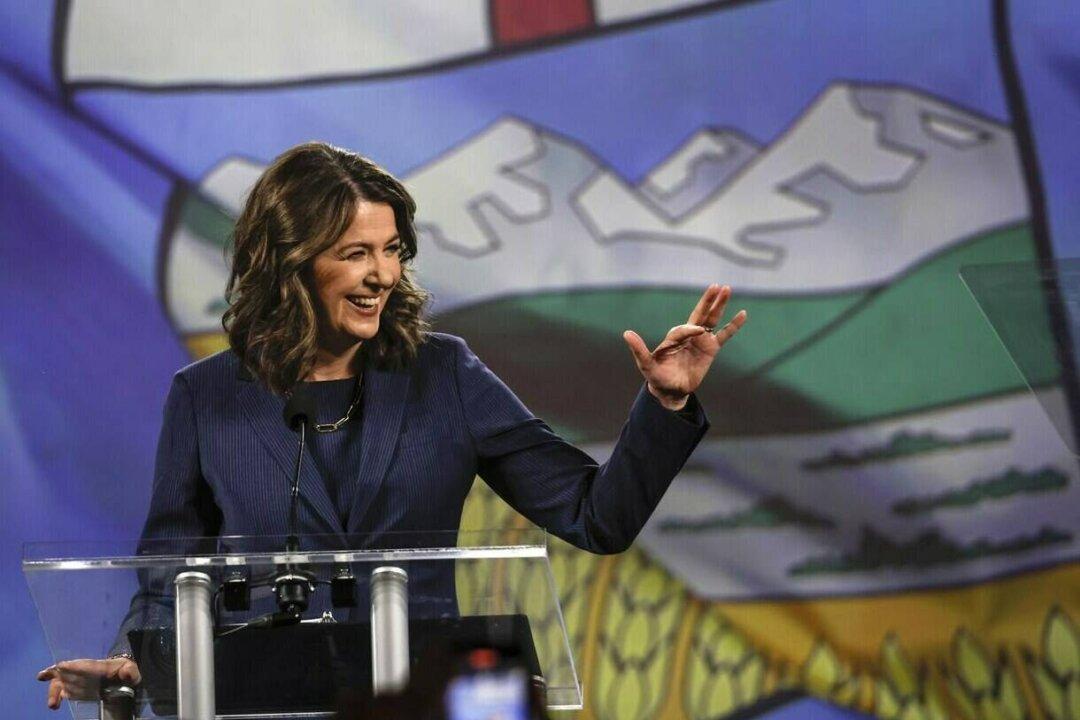Commentary
If anybody had approached me two years ago and said Danielle Smith would be elected as Alberta’s premier in 2023, I would have told them to get their head examined.

If anybody had approached me two years ago and said Danielle Smith would be elected as Alberta’s premier in 2023, I would have told them to get their head examined.